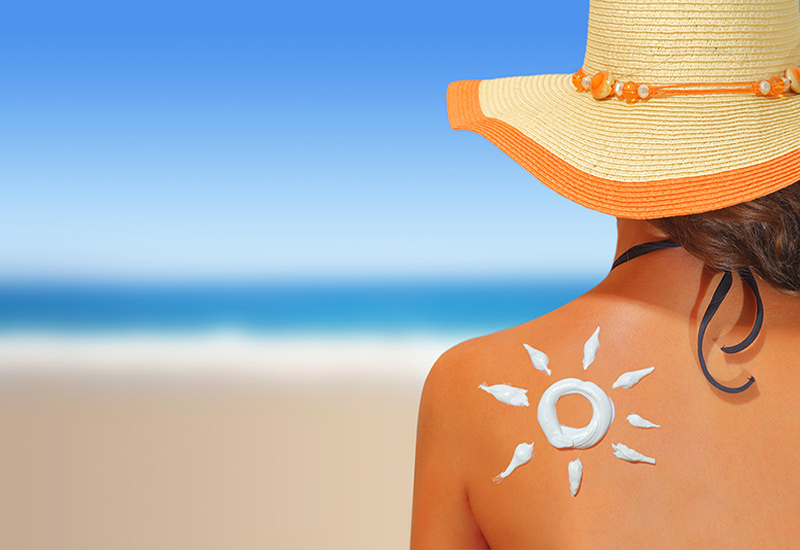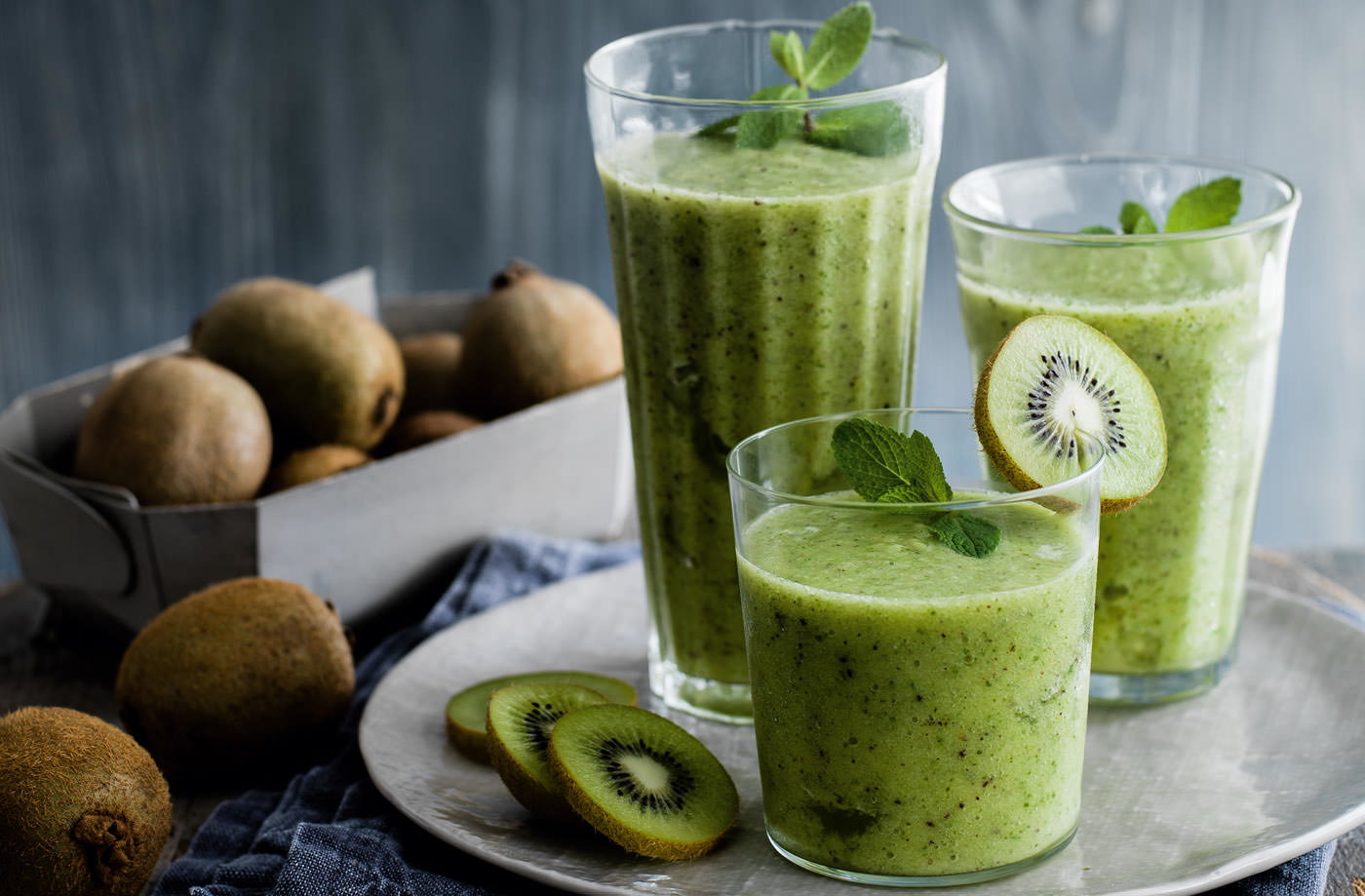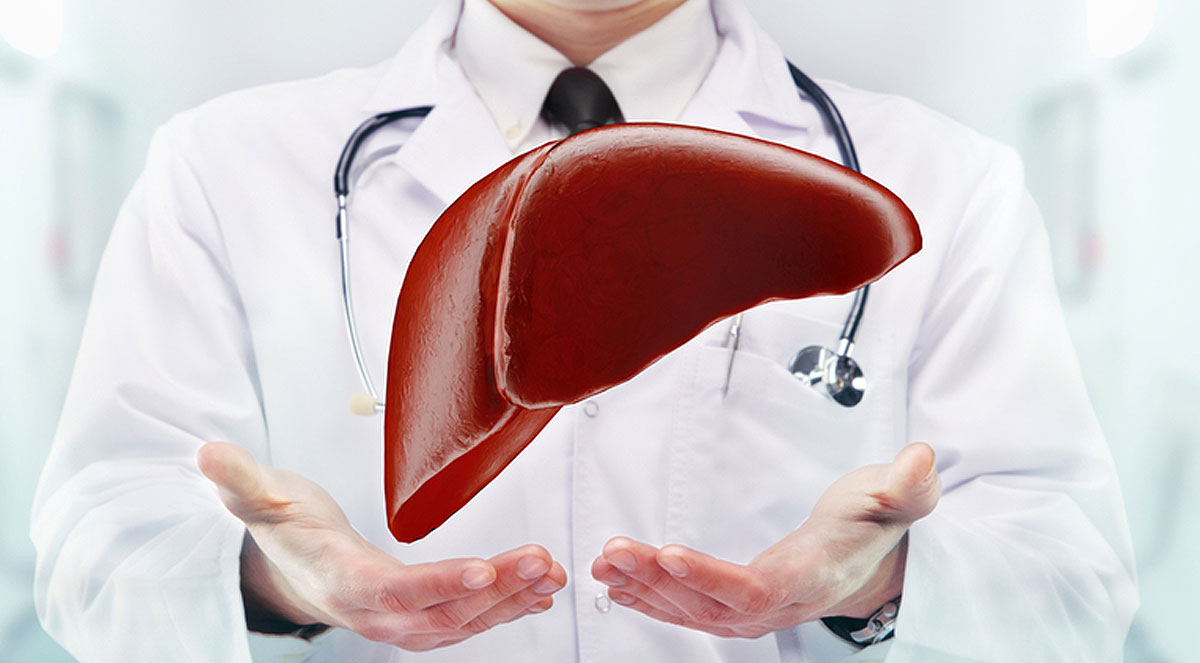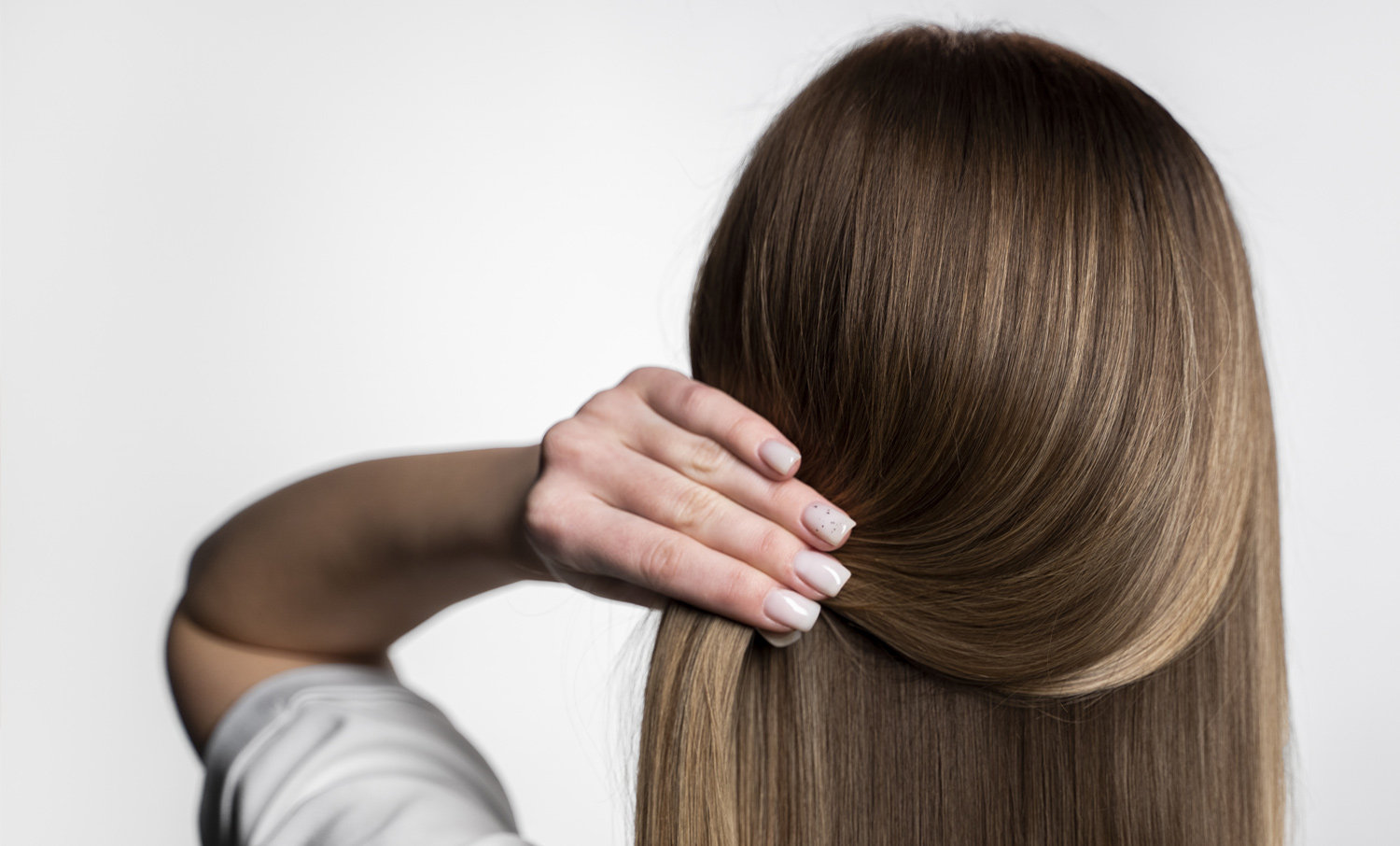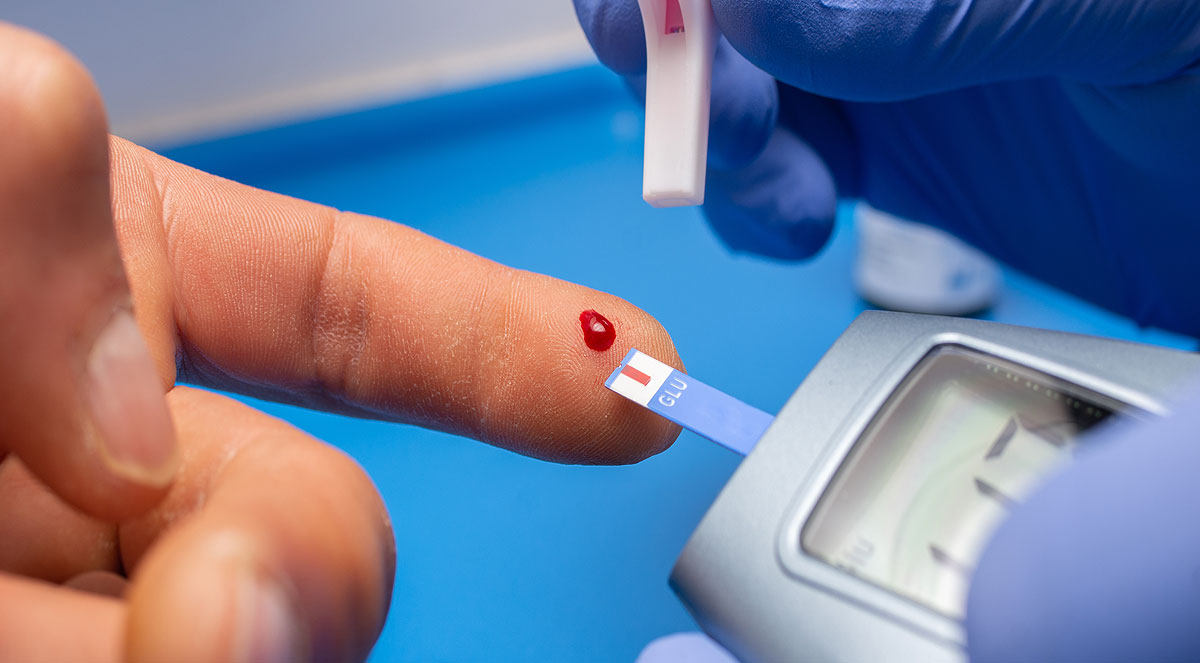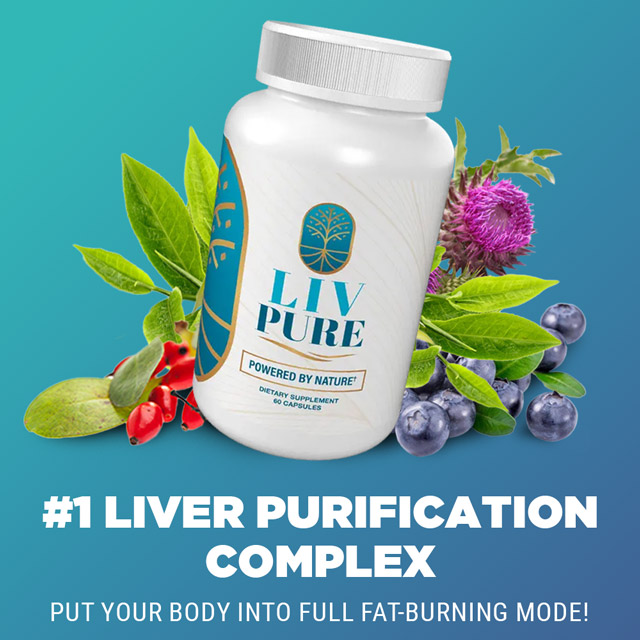Taking care of age-related wrinkles for women now should also include treating sun spots, because the effect they have on their appearance is considerable. Women 30 years and older are nowadays becoming more and more conscious and attentive to taking care of the impact age has on their appearance, and that should also include treating sun spots.
Various surveys have indicated that almost 63 percent of women older than the age of 35 have experienced spots, discolorations and uneven skin. They are mostly age-related due to the long-term effect of sun rays, since the skin slowly loses the ability to self-repair as it grows older. This is also why treating sun spots is an important part of the overall wrinkle care.
Dr. Ellen Marmur, a renowned New York City dermatologist and a widely-read author on skin care, emphasizes that “getting a clear, even skin tone without discoloration is just as important as wrinkle-fighting to achieving a rejuvenated, youthful appearance.” “To some patients, it’s even more important,” says Dr. Marmur.
Many dermatologists, Dr. Marmur included, refer to spots and skin discoloration as hyperpigmentation, even though we commonly known them as age spots, sun spots, liver spots, freckles and melasma, brown patches, etc. Some of them, such as age spots, sun spots and liver spots, are part of the same condition, which are pockets of overproduced melanin and unevenly deposited on the skin. In a way or another, they are all related to sun rays being the result of sun damage.
Dermatologists turn to retinoids and hydroquinone, them being the two most used topical treatments for discoloration. They are generally well tolerated by the skin and offer very effective solutions, but occasionally might have some kind of side effects and that is why they require e prescription. On the other hand, there are now available many nonprescription alternatives based mostly natural ingredients, such as willow bark, vitamin C, licorice, etc. Much of the research undertaken have shown that treatments work perfectly well on most of women.
Dr. Myron Jacobson of the University of North Texas holds that “studies reveal 85 percent of women see reduced sun spots and more even skin color.” Dermatologists, however, suggest that women take other precautionary measures, such as wear sunscreen year-round with an SPF of 30 and wear a wide-brimmed hat when outdoors for long hours.
Taking care of the skin and countering the effects of age is an on-going and daily process, which is often concentrated only on wrinkles. Treatment of sun spots, however, is just as important, because it helps in the long-term wrinkle care.


